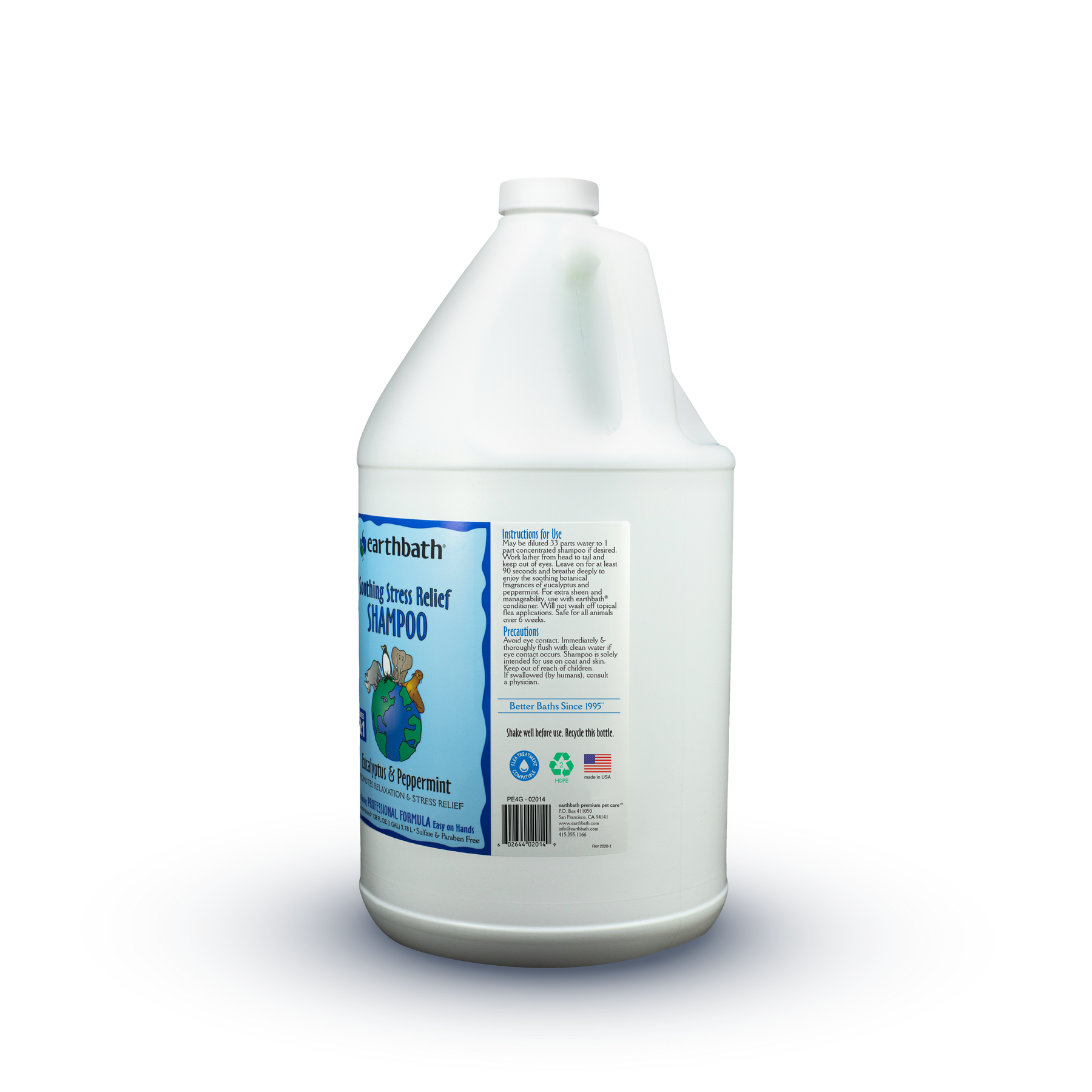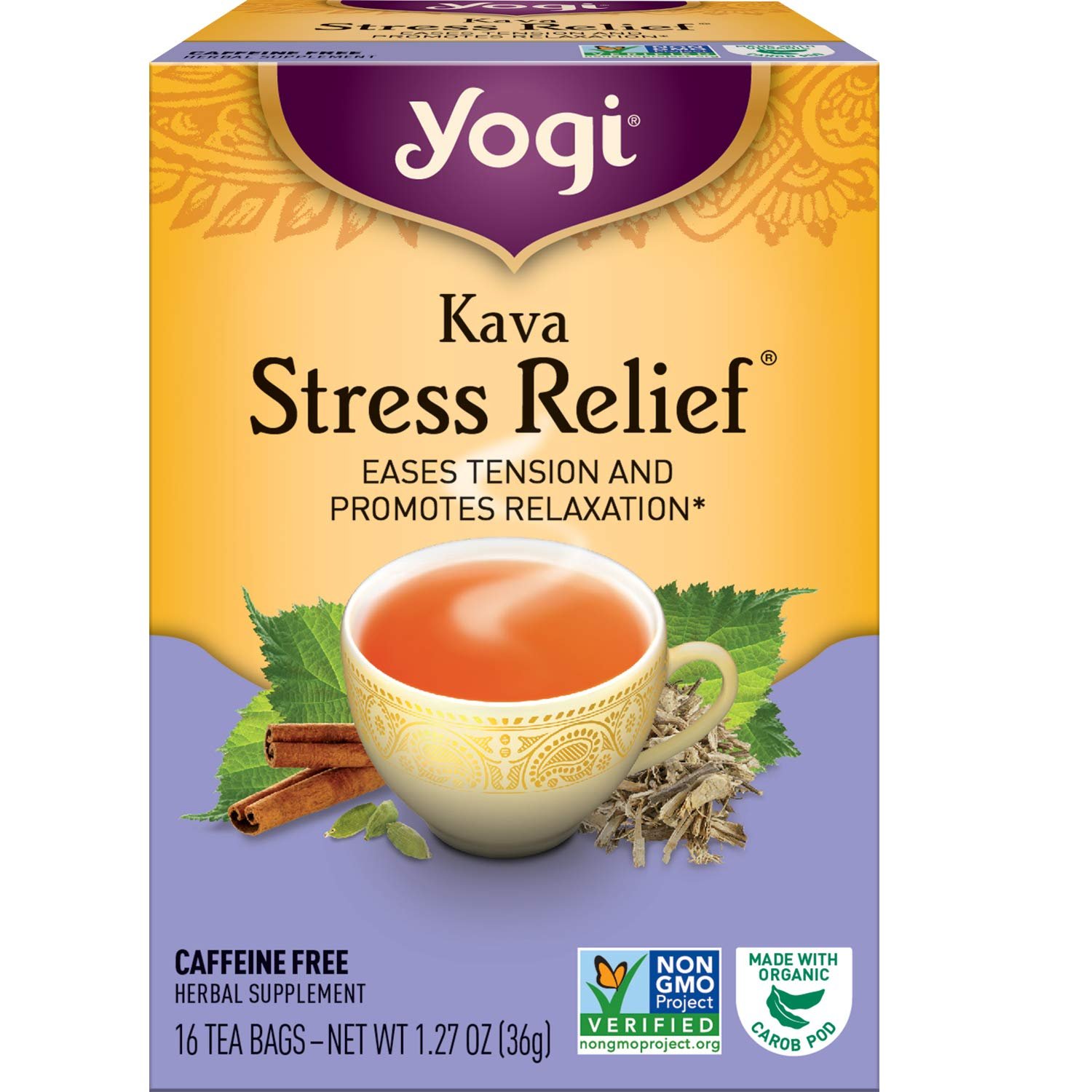Practices like meditation and yoga effectively promote relaxation and stress relief. Engaging in these activities can significantly reduce stress levels and enhance overall well-being.
Also Read
In today’s fast-paced world, stress has become a common issue affecting millions globally. Finding effective ways to unwind and alleviate stress is crucial for maintaining mental and physical health. Techniques such as deep breathing, mindfulness, and gentle physical exercises not only help calm the mind but also improve body functions.
By incorporating these simple practices into your daily routine, you can create a more balanced life and improve your resilience against the pressures of everyday life.

Credit: www.centinelafeed.com
The Quest For Calm: Why Relaxation Matters
In a world that never stops buzzing, finding peace is vital. It’s not just about feeling good. It’s about health and happiness. Our quest for calm is more than a luxury; it’s a necessity.
The Impact Of Stress On Health
Stress is like a storm in your body. It can hurt your health in many ways. When stress takes over, your body feels the hit. Your heart works harder. Your muscles tense up. Your stomach gets upset.
- Hearts race – Stress can lead to heart disease.
- Sleep suffers – Stress can steal your good night’s sleep.
- Moods swing – Stress can make you feel sad or mad.
Benefits Of Achieving Relaxation
When you relax, your body thanks you. Your heart chills out. Your muscles loosen up. You sleep like a baby. Relaxation is a gift that keeps on giving. It makes you feel great and helps your body stay strong.
| Relaxation Benefits | How It Helps |
|---|---|
| Less stress | Your mind gets clear. |
| Better mood | You feel happier. |
| More energy | You can play and work better. |
Secret 1: The Power Of Deep Breathing
Feeling tense or anxious can be a common part of our daily lives. Deep breathing stands as a beacon of relief, offering a simple yet powerful way to promote relaxation and melt away stress. This natural remedy is always at our disposal, and understanding how to harness its benefits can transform our approach to stress.
Breathing Techniques For Instant Calm
For those seeking a quick path to tranquility, certain breathing methods can help. Let’s explore a few techniques:
- 4-7-8 Breathing: Inhale for 4 seconds, hold for 7, exhale for 8.
- Diaphragmatic Breathing: Focus on filling the belly, not the chest.
- Box Breathing: Inhale, hold, exhale, hold, each for 4 seconds.
All these methods encourage a focused mind and a calmer body. Practice regularly for best results.
How Deep Breathing Affects The Nervous System
When we take deep breaths, something remarkable happens within our nervous system. This simple act triggers a relaxation response in the body. Here’s how:
| Action | Effect on Nervous System |
|---|---|
| Deep Inhalation | Stimulates the parasympathetic system |
| Slow Exhalation | Reduces sympathetic activity |
This balance between the two systems helps reduce stress levels and promote a state of calm. Breathing deeply not only relaxes but also improves overall well-being.
Secret 2: Embracing The Outdoors
Unlock the power of tranquility with ‘Secret 2: Embracing the Outdoors’. Discover how nature can be your ally in the quest for calm. Let’s dive into the world outside your door and uncover the soothing effects of the great outdoors.
Nature’s Effect On Mental Well-being
Nature acts like a balm for the mind, easing stress with every breath of fresh air. The colors, sounds, and scents of the outdoors work together to create a sense of peace. Studies show that spending time in nature can lower stress hormones like cortisol, making you feel more relaxed.
Tips For Outdoor Activities That Promote Serenity
Engage with nature to find your calm. Here are some activities that help:
- Take a walk in a nearby park or forest.
- Practice yoga in a quiet outdoor spot.
- Enjoy a picnic under the shade of a tree.
- Observe wildlife or go birdwatching.
- Start a garden to connect with the earth.
Choose what feels right and make it a habit. Even a few minutes can make a big difference.
Secret 3: The Art Of Mindfulness
Mindfulness is a powerful tool for achieving relaxation and melting away stress. It involves focusing on the present moment. This technique helps to clear the mind and reduce anxiety. Let’s dive into the world of mindfulness and explore how daily practice can transform your life.
Practicing Mindfulness Daily
Integrating mindfulness into your daily routine can lead to profound changes. Start small, with just a few minutes each day. Consistency is key to feeling the benefits. Find a quiet spot and let’s begin this journey to inner peace.
- Set aside time: Choose a time when distractions are few.
- Focus on breathing: Pay attention to the air entering and leaving your body.
- Observe your thoughts: Let them pass without judgment.
- Stay regular: Practice makes perfect, so keep at it every day.
Mindfulness Exercises To Reduce Anxiety
Specific exercises can target anxiety and aid in stress reduction. Here are a few simple ones to try.
| Exercise | How to Do It | Benefit |
|---|---|---|
| Mindful Breathing | Take slow, deep breaths and focus on each exhale. | Calms the mind quickly. |
| Body Scan | Move your attention gradually from head to toe. | Releases tension in the body. |
| Walking Meditation | Walk slowly and notice each step. | Connects you with your environment. |
| Listening Exercise | Listen to sounds without labeling them. | Improves focus and awareness. |
Remember, mindfulness is about being present and non-judgmental. With practice, these exercises will help create a sense of calm in your life. Embrace them and watch your anxiety fade away.
Secret 4: Aromatherapy And Its Soothing Essence
Discover the calming world of aromatherapy. This ancient practice uses plant extracts to foster relaxation and wellness. Aromatherapy can be a simple, natural way to manage stress and enhance your mood.
Essential Oils For Stress Relief
The right essential oils can significantly reduce stress. Here are some top choices:
- Lavender – Known for its calming effects, perfect before bed.
- Peppermint – Refreshes the mind and sharpens focus.
- Chamomile – Soothes nerves and helps with relaxation.
- Bergamot – Reduces tension and boosts mood.
Creating A Relaxing Atmosphere With Aromatherapy
To create a stress-free zone, consider these steps:
- Choose a quiet space.
- Use an oil diffuser with a few drops of your favorite essential oil.
- Dim the lights and play soft music.
- Ensure the area is clean and free from clutter.
These simple changes can transform any space into a tranquil retreat.

Credit: www.amazon.com
Secret 5: The Therapeutic Touch Of Massage
Secret 5: The Therapeutic Touch of Massage unlocks the power of touch to foster deep relaxation and alleviate stress. This ancient practice offers a host of benefits, making it a vital tool in managing daily pressures and enhancing well-being.
Different Types Of Relaxation Massages
Relaxation massages come in various forms, each tailored to soothe the mind and body. Here are some popular types:
- Swedish Massage: It uses long strokes to relax entire body.
- Hot Stone Massage: Warm stones boost blood flow and calm muscles.
- Aromatherapy Massage: Essential oils add to the relaxation effect.
- Deep Tissue Massage: Targets deep layers of muscle to relieve tension.
Self-massage Techniques For Stress Management
Self-massage can be a quick and effective way to combat stress. Here are some techniques:
- Head Massage: Rub your temples in circular motions to ease headaches.
- Hand Massage: Apply pressure to points in the palm to reduce stress.
- Neck Rub: Gently massage the back of your neck to reduce stiffness.
- Foot Roll: Roll a ball under your foot to relax after a long day.
These simple methods help maintain daily wellness and manage stress levels.
Integrating Relaxation Practices Into Your Routine
Stress is a common part of life. Yet, it’s crucial to find ways to unwind. Integrating relaxation practices into your routine can transform your well-being. You’ll learn to manage stress better. Let’s explore how to make relaxation a daily habit.
Designing A Stress-relief Plan
Start by identifying stress triggers. Next, list activities that make you feel calm. It could be reading, gardening, or yoga. Create a plan that includes these activities. Stick to it.
Making Time For Relaxation
Busy schedules can make relaxing hard. But it’s important to set aside time for it. Even short breaks can help. Try these tips:
- Wake up earlier to enjoy a quiet morning.
- Use lunch breaks to take a walk or meditate.
- Turn off devices an hour before bed.

Credit: www.earthbath.com
Sustaining Serenity: Long-term Stress Management
Stress lurks in every corner of modern life. It’s not just about finding a moment of peace; it’s about creating a sustainable strategy to manage stress over the long haul. Embracing techniques that promote relaxation and stress relief is essential for maintaining mental and physical health. Let’s dive into how you can sustain serenity and manage stress effectively for the long term.
Maintaining A Relaxation Mindset
Developing a relaxation mindset is a powerful tool in the fight against stress. It’s about shifting your focus from chaos to calm, no matter what life throws your way. Here are some key practices to help you foster this mindset:
- Practice mindfulness – Stay present and engaged in the moment.
- Set aside ‘me time’ – Dedicate moments in your day to self-care.
- Create a serene space – Organize your environment to reduce stress triggers.
Adapting To Stress With Resilience
Building resilience allows you to adapt to stress without being overwhelmed. Here’s how you can cultivate resilience and turn stress into a positive force:
- Embrace challenges as opportunities to grow and learn.
- Connect with others for support and encouragement.
- Stay physically active to boost your mood and energy levels.
Remember, managing stress is not a one-time task, but a continuous process. By maintaining a relaxation mindset and adapting with resilience, you can navigate life’s storms with grace and emerge stronger on the other side.
Frequently Asked Questions
What Promotes Stress Relief?
Regular exercise, mindfulness meditation, and quality sleep promote stress relief. Engaging in hobbies and connecting with loved ones also help reduce stress.
What Promotes Relaxation?
Relaxation can be promoted through deep breathing exercises, meditation, yoga, listening to soothing music, and engaging in hobbies. Regular physical activity and maintaining a balanced diet also support a relaxed state.
What Activity Promotes Relaxation?
Meditation, deep breathing exercises, and yoga are effective activities for promoting relaxation. Engaging in hobbies, such as reading or gardening, also helps to unwind and de-stress.
What Is Another Word For Stress Relief?
Another term for stress relief is relaxation. Other synonyms include unwinding, de-stressing, and calming.
Conclusion
Embracing relaxation techniques and stress relief strategies can significantly enhance your well-being. Make these practices a part of your daily routine to unlock a calmer, more balanced life. Remember, managing stress is not a luxury, but a necessity for a healthier, happier you.
Start your journey to serenity today.

